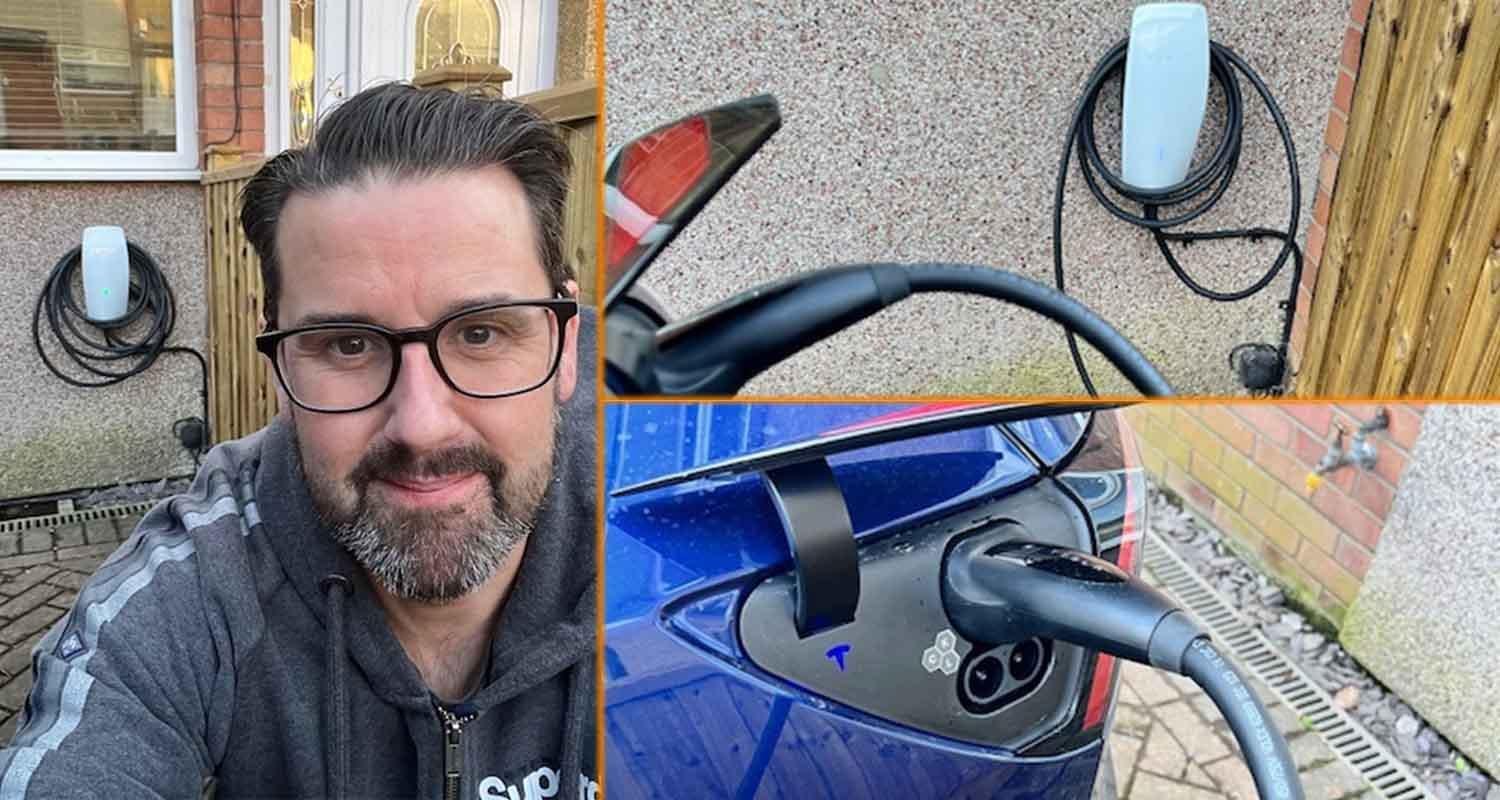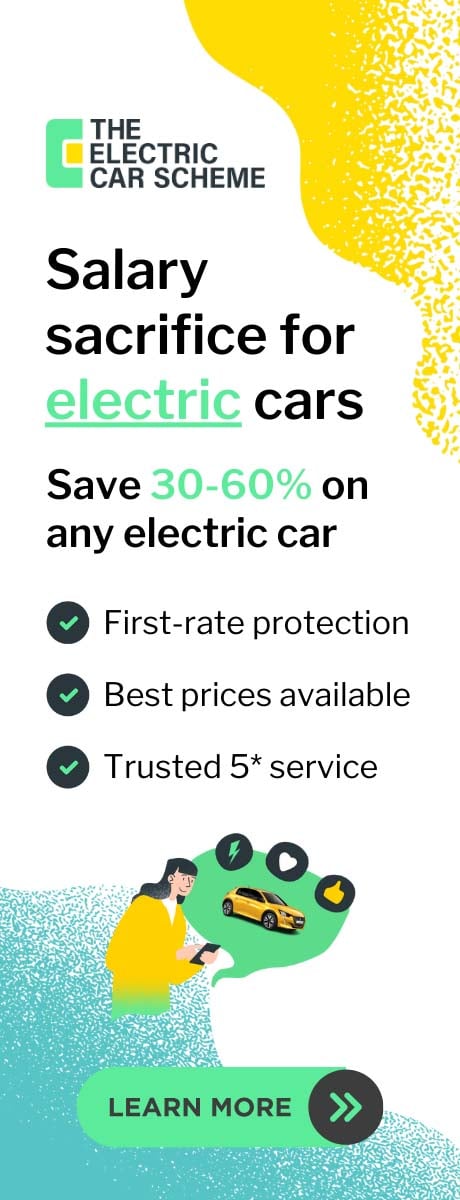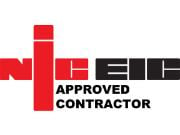Plugged In - David Watson, Co-Founder and Chief Executive Ohme
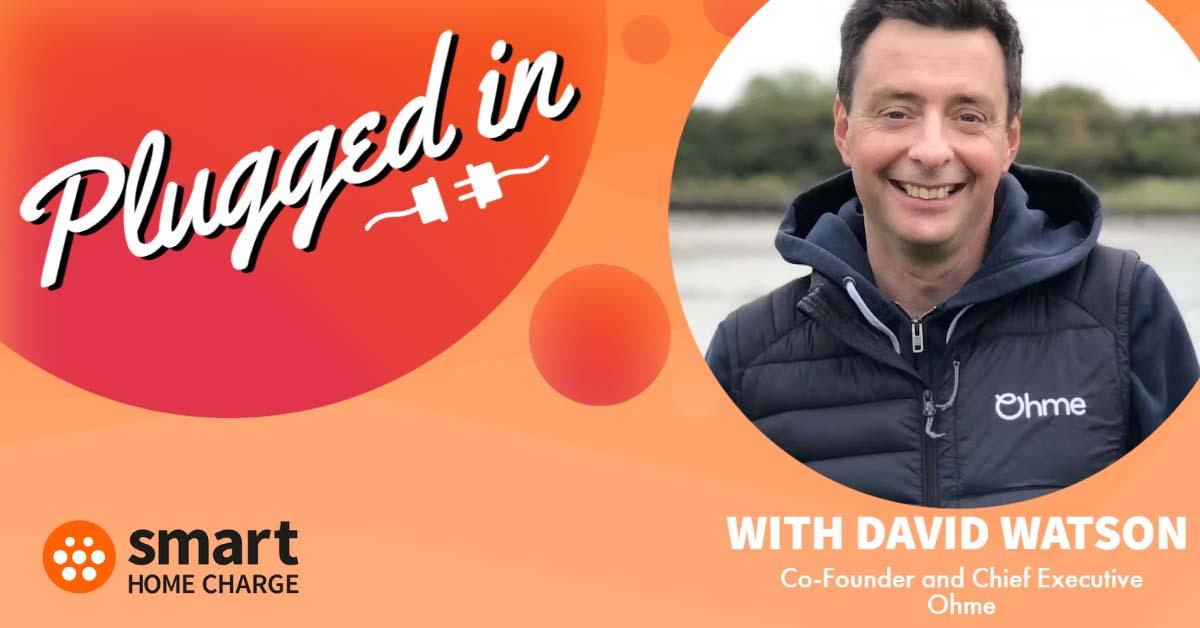
Ohme doesn't just want to revolutionise home charging, it wants to help put the power back into consumers' hands to take control of their home energy.
The business was co-founded in 2017 by chief executive David Watson and Derry Guy when researching clean energy projects.
They saw an opportunity to adjust demand to meet supply using electric vehicles (EVs).
Watson envisioned a smart charging system that would encourage customers to charge at off-peak times with reduced rates with suppliers even sometimes paying them to charge during times of over-supply.
He bought a Tesla and came up with the idea of controlling charging with a smart cable and giving customers better and more visible control.
The first working prototype for the Ohme Home Charger was produced in 2018 (it’s still in David’s office today) and Octopus was the first supplier with the final production version in 2019 taking advantage of Octopus’s agile overnight tariffs for EV drivers.
The Home Pro and ePod are two of the most popular chargers available on Smart Home Charge and the business has always pushed at the forefront of developing smart new technologies in this rapidly evolving new industry.
Ohme has a team of 110 people working in the UK and Ireland and the business has nearly tripled in size over the last 12 months due to the continued growth of the EV market.
Save £100s on your EV charging costs
With the Ohme Home Pro, you can automatically charge your EV when your energy tariff is at it's cheapest and greenest. Find out more below!
A power station made of EVs
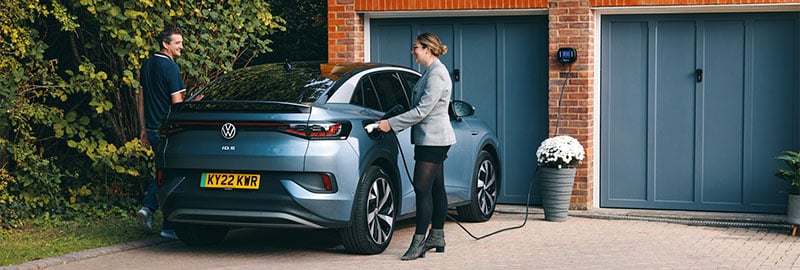
Smart tech and software have always been a focus for Ohme from the outset, with hardware a close second, by Watson's own admission.
He said: “We could see that price volatility around energy was coming. The market started to evolve and the energy markets started to build more sophisticated tariffs for EVs.
“Our system was built from the start to integrate with smart tariffs.
“We also started to imagine a world with all these connected vehicles that could be turned on and off. If they were somehow used and controlled in unison it would be like turning on and off a power station.
“We had that design at the core of how we built the system.”
By being more intelligent with energy, Watson estimates that customers could end up only having to pay £100 to £200 a year to charge their EV at home.
He explained this is because the customer has bought their energy at the cheapest times, they have helped their energy supplier hedge their energy exposure and they have allowed the grid operator to balance the grid at times of excess.
Ohme is working very closely with energy providers like OVO and Octopus to intelligently manage EV charging.
Octopus has its Intelligent Tariff which pairs with a driver’s EV or charger to always smart charge on a cheap rate and at the greenest time. OVO’s Charge Anytime tariff allows EV drivers to take advantage of its “smart charging rate” of 10p per kWH.
The key to this is EV drivers plugging in more frequently and then letting the charger, the software and the energy companies all talk to each other in the background automatically.
From a customer perspective, all they need to do is plug in more frequently, but there is a lot of work in the background making sure drivers have the level of charge they need at the right, at the lowest price possible.
Watson explained: “When you move to Intelligent and Charge Anytime, there’s an integration there between Ohme and the energy supplier. It lets the energy supplier procure energy in an intelligent way.
“By having more integrated control you can pass further savings onto customers.
“The grid operators are starting to figure out there is some value for the system to move EVs in unison telling them to charge or not charge.”
The Government has already noted that smartly controlling all the new EVs on the grid is one of the best ways forward to make sure there is enough energy to go around as more and more people make the switch to EVs.
This is one of the driving reasons behind the introduction of the EV Smart Charge Points Regulations.
These regulations made it so all new home chargers sold from June 30, 2022, will automatically charge to avoid peak hours between 8 am-11 am and 4 pm-10 pm on weekdays. Customers can still opt out, but the hope is the majority of EV owners will engage with this system to help balance energy demand.
Ohme's chargers were some of the first in the market to be prepared for the first phase of the new regulations last year, as well as phase two of security regulations in December 2022.
Watson believes there will be further innovation in this area of managing charging smartly through closer collaboration between energy companies and charging companies like Ohme.
He said: “We’ll see a lot more markets developing over the next 24 months that will allow portfolios of EV assets that are available for balancing the grid.
“If there is too much energy in the grid you can stop charging, if there’s enough you can balance.
“Ultimately that will manifest for customers with energy bundles where they can access really affordable energy costs.
"Or there will be a cheap tariff and you can opt into various grid events where customers can be paid for flexibility.
“If you don’t pass the value onto the customers they’re never going to engage with the system.
“You have to incentivise people to plug in more frequently. The market will start to evolve over time where different structures of tariffs will start to appear.
“All of this is to give access to cheaper energy while ensuring there is reliability of the grid and you give users exactly what they want.”
Find the best energy tariff for your EV
Having an electric vehicle or plug-in hybrid gives you access to one of the many EV energy tariffs available. See how much you can save using our tool below.
Smart energy anxiety
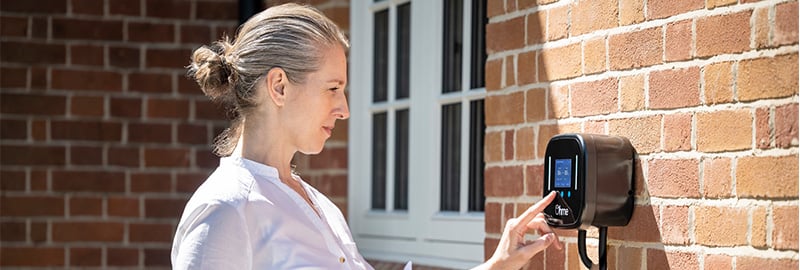
The trick with all this is to give access to cheaper energy while ensuring there is reliability.
If someone needs their EV to be 80% in the morning an energy supplier and smart platform managers have to deliver that.
Watson said there needs to be “quite sophisticated” software to back this up.
This could lead to a situation where home charging companies and energy companies start to differentiate themselves based on how sophisticated they have become with being able to manage customers' home energy and EV charging.
Watson said: “Instead of range anxiety, I think we’ll start to have a situation where customers are thinking more about who is providing and managing their energy in a smart way to deliver what they need.
“Managing charging smartly will unlock huge amounts of relatively cheap energy flexibility. It will be a natural side product of the continued growth of EVs.”
Off-grid and home energy management
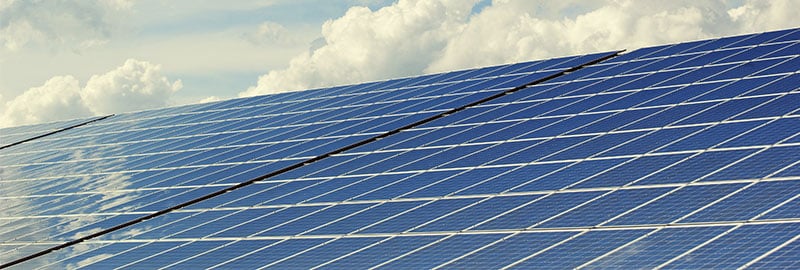
Solar has started to take off in the UK, partly driven by the fact that the payback for people putting in their own solar was really strong due to the high energy prices.
The mindset is shifting for EV drivers who are considering solar and if they don’t already have it, they are certainly thinking about it.
Ohme is already working on solar integrations with its products.
Watons said: “Higher energy prices are certainly making customers think more closely about their energy security.
“For me, the first step is to get most of our drivers engaged in smart tariffs. It’s amazing how many EV drivers are still charging their cars to max, or on dumb tariffs.
"If people really start to engage with smart tech for their cars, I think that will be the next step for drivers and homeowners to really start thinking more about home energy management more closely."
Watson said that if there's any silver lining to the high energy prices, which he acknowledges for some people was "pretty brutal", it's that everyone is thinking much more closely about how much their energy costs them and what they can put in place to control costs as much as possible.
He added: “I’d really urge EV drivers to learn about the benefits of the hardware or tariffs they choose and how much that can help them.
“I want customers to engage with their bills and their energy. If they do, they can save themselves lots of money.”


